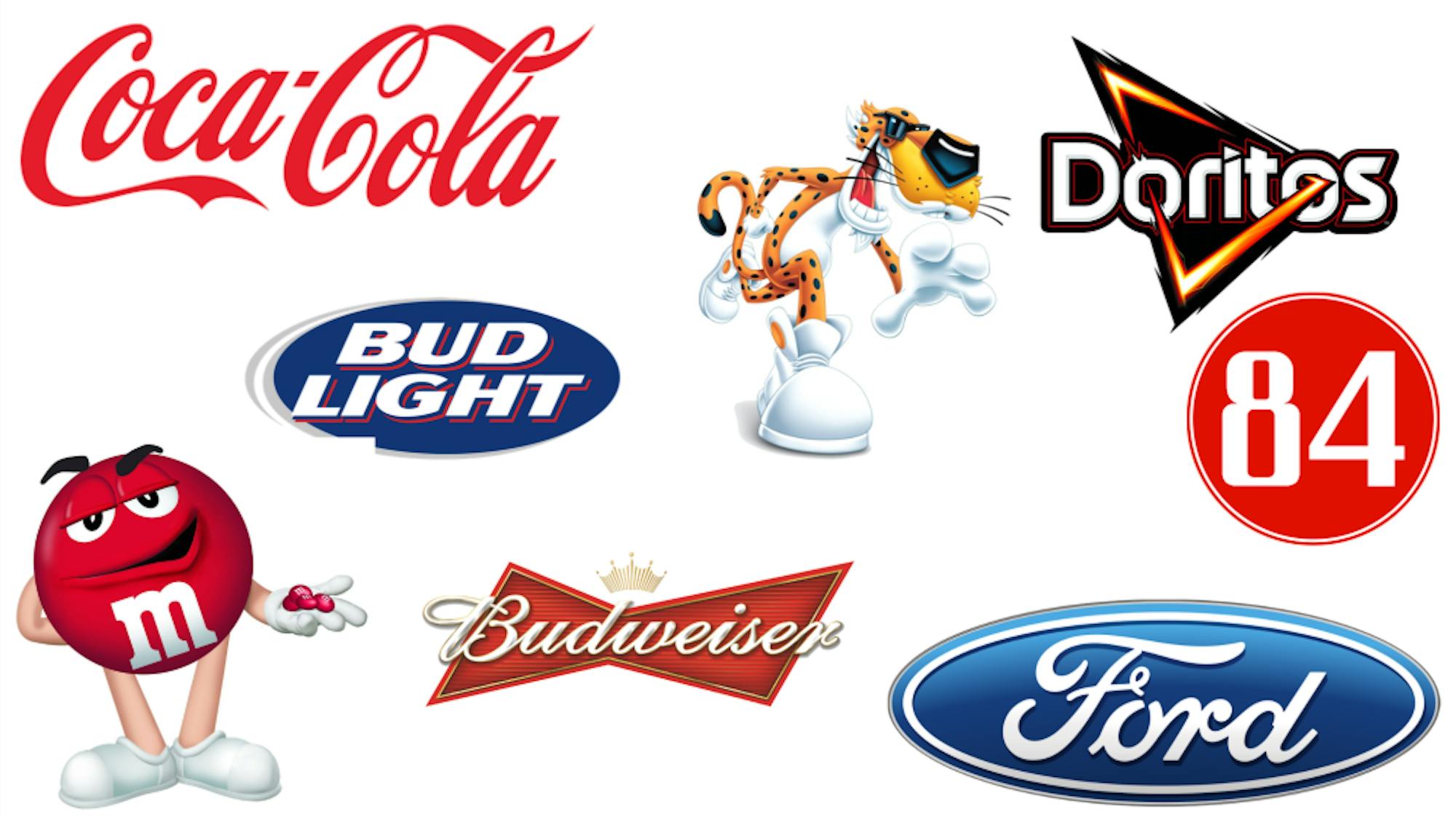Content warning: This article mentions sexual assault.
During every other game of the year, commercial breaks are times reserved to go to the bathroom, grab another drink or refill your plate. But not during the Super Bowl. When 30 seconds of air time costs $5.5 million and there are regularlyover 100 million consumers watching, advertisers know they must bring their best. Over the past decades, advertisers have landed some of the biggest names in sports and Hollywood to promote their products, ranging from Michael Jordan’s McDonald's commercial in 1993 to Bill Murray’s Jeep commercial in 2020.
However, the most memorable commercials are punctuated with more serious overtones, delving beyond the surface of instant entertainment to display themes that mirror the current political and social climate. During the 2002 Super Bowl,Budweiser aired a commercial paying tribute to New York City and everyone affected by the 9/11 attacks, showing the famed Clydesdales walking through the city and into Battery Park, where, with the New York City skyline as a backdrop, they all take a knee. In 2017, 84 Lumber’s commercial seemed to respond to Trump’s anti-immigration policies by showing a mother and young daughter, having just completed a strenuous journey to the border, arriving at Trump’s wall.
In 2019, though, many of the commercials turned away from reflecting current events. After a politically charged NFL season, with protests and controversy over kneeling for the national anthem, advertisers chose to distract from the turmoil by focusing their commercials on humor and light entertainment instead of political and social references.
After the most devastating and heartbreaking year in recent history, this year’s Super Bowl begged the question: Would advertisers acknowledge and make emotional appeals to the trauma of 2020, as Budweiser did after 9/11, or would they turn away and distract from the current climate, as nearly everyone did in 2019?
Pandemic references landed in a variety of ways throughout this year’s Super Bowl commercials, sometimes offering a sense of humor and other times appealing to pathos.Bud Light advertised its new seltzer lemonade by referring to 2020 as a “lemon of a year” while showing scenes of lemons bombarding events that were, in reality, canceled because of the pandemic.Ford forwent mention of its cars entirely during its commercial, instead offering an encouraging message of pushing on together and a reminder that we are getting closer to the world returning to what it once was. At the end of the commercial, it cites fordfund.org, a website that offers information about the nonprofits Ford is working with to help those in need.
Bass Pro Shops and Cabela’s paired together for a commercial telling people to turn to the outdoors when they are feeling cooped up inside, conveying the message that during trying times nature can offer solace. While they didn’t directly advertise their gear, their objective was for consumers to turn to them when they take up the suggestion to venture outside.
Mentions of COVID-19 were not the only reflections of current social and political issues.M&M took a humorous stab at current pop culture throughout its commercial, with different people offering apologies for “mansplaining” (a term that seemed to gain traction in 2020), for a baby gender reveal gone wrong (which was reminiscent of the gender reveal that started the El Dorado wildfire) and for calling someone Karen (a name that has acquired a negative connotation and is rooted in a widespread meme).
Jeep took a more serious approach with its commercial, citing the polarization between Democrats and Republicans after a particularly contentious election year and asking viewers to meet in the middle, to become the “ReUnited States of America.”
And of course it wouldn’t be the Super Bowl if at least one company didn't face backlash for a perhaps-too-controversial commercial message. Many viewers took to Twitter to express their distaste for the Cure Auto Insurance ad that made several not-so-obscure references to workplace sexual assault.
While many of the ads were clearly unique to the past year, other commercials employed the same tried-and-true humor and celebrity appearances that could've easily appeared during any other Super Bowl. Mila Kunis and Ashton Kutcher starred in aCheetos commercial, with Kutcher continually finding Kunis secretly eating his Cheetos. The commercial was devoid of current events, focusing on simply the product and a catchy song to go with it.Doritos also took a lighter approach to its advertisement, with a flat Matthew McConaughey complaining of feeling unfulfilled, until he finds the 3D Doritos and suddenly all life is restored to him.
Although the 2021 Super Bowl commercials covered a lot of ground, there were some notable absences, all tied to the current pandemic.Budweiser, a producer of always-memorable Super Bowl commercials, opted out this year and donated money to a COVID-19 vaccine awareness organization instead.Coke had a rough year, after cutting thousands of jobs and losing sales after restaurants, bars, movie theaters and other establishments that usually contribute to its profits were shut down. The company chose to conserve its money this year, instead of spending the millions it usually does on a Super Bowl commercial.
Overall, the 2021 Super Bowl commercials largely chose to acknowledge the trauma of 2020, instead of tip toe around it. Here’s to hoping that the social and political climate in 2021 is so full of lightheartedness, success and joy that next year’s Super Bowl commercials are a breeze to watch.






